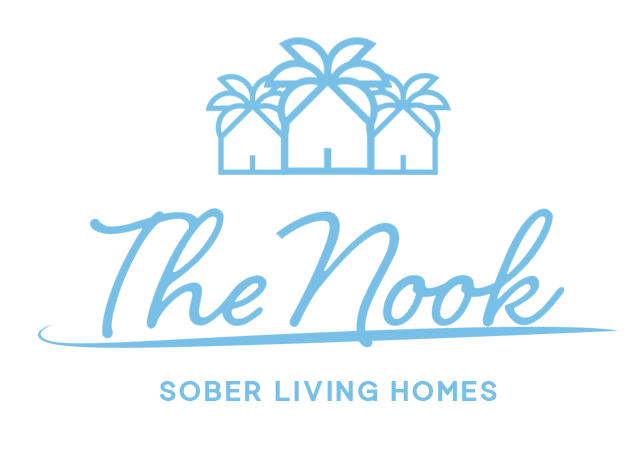For many who suffer from addiction and mental illness, the behaviors they display are often signs of a deeper unresolved issue. More often than not, trauma is the root cause of both conditions. Many people will experience traumatic events in their lifetime, but unresolved trauma leaves deep emotional scars that are hard to heal. If left unresolved, people often turn to substances to cope or end up developing debilitating mental illness that significantly impacts their life in the long term. Healing from past trauma is key to restoring physical and mental health.
In this article, we will explore how trauma is defined and the symptoms of trauma. Additionally, we will look at treatment options for mental health trauma. Are in recovering from trauma and substance abuse and need further help? The Nook is Southern California’s premier sober living network. Our state-of-the-art amenities, peer support, and clinical support will help you gain confidence and empower you to transform your life. Call The Nook right now and continue the healing process.
What is Trauma?
In simple terms, trauma can be defined as a lasting emotional response as a result of living through a distressing event. Examples of traumatic events people experience include the following:
- The death of a loved one
- Living with a serious illness such as cancer
- Chronic poverty
- Experiencing a natural disaster, terrorist attack, or school shooting
- Physical, sexual, or emotional abuse
- Being a victim of a crime such as a robbery, mugging, or assault
- Living through war
When people experience trauma, they feel detached from themselves and their environment and don’t feel safe. People who struggle with trauma have great difficulty regulating their emotions and have difficulty in relationships with family, friends, co-workers, and the public in general. The fear and anxiety that is experienced isolate those who suffer from trauma and they avoid people and places that may trigger these feelings. Trauma that is experienced early in life often has the most devastating impacts as people age.
To cope with their feelings, people suffering from trauma often turn to substances to alleviate their pain. While drugs and alcohol provide a sense of short-term relief, the underlying roots of trauma are not addressed. If trauma is not properly addressed with treatment, sufferers may continue to use substances and gradually develop an addiction while their mental health grows worse.
What Are The Symptoms of Trauma?
People who suffer from trauma can display a myriad of symptoms that often overlap each other. The most common trauma symptoms include the following:
- Recurrent memories of the traumatic event
- Reliving traumatic events through vivid flashbacks
- Recurrent nightmares of vivid dreams about the event
- Avoiding people and places which may trigger distressing memories associated with the traumatic event
- Lack of interest in hobbies and activities
- Feeling emotionally flat or numb
- Easily startled or frightened and constantly feeling “on edge”
- Aggressive behavior and irritability
Getting Help For Trauma
When the symptoms of trauma are seen, sufferers must find the appropriate professional help. An increasing number of treatment facilities are employing trauma-informed care. This form of treatment focuses on the mental health of clients and gives them the tools they need to manage their feelings healthily. Trauma-informed care utilizes therapies such as CBT, exposure therapy, and medication-assisted therapy (MAT).
Additionally, these programs build the healthy coping skills needed to minimize the risk of re-traumatization. These tools include 12-step help, meditation, exercise and nutritional therapy, and other self-help techniques. Trauma-informed care allows people to make sense of their world and understand their experiences do not define them in the present and diminish what they want to become in the future.
Find Peace and Happiness With Help From The Nook Sober Living
The struggle with trauma is real, and it deeply affects people from all walks of life. The trusted professionals at The Nook Sober Living understand the struggle and are here to help. We offer evidence-based sober living programs for men and women that are evidence-based and proven to help heal the wounds caused by trauma. We foster a safe and nurturing atmosphere that allows you to work through your issues while surrounded by peers who motivate and inspire you to transform your life. Call The Nook today and start a new and happier chapter in your life.

